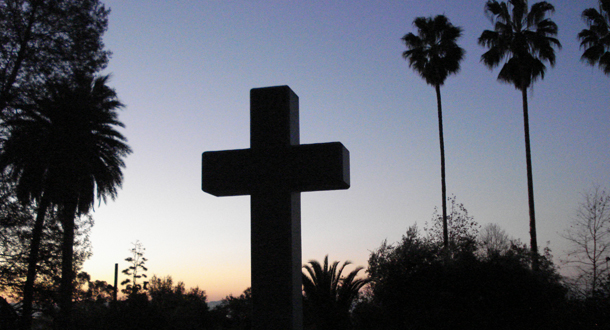 Scripture:
Scripture:
Reflection:
In our Gospel reading, Jesus tells the people about sin and repentance and God’s mercy. When people talk to Jesus about Pilate slaughtering a group of Galileans, and what he did with their blood, He replies, “Do you think that because these Galileans suffered in this way they were greater sinners than all other Galileans? By no means! But I tell you, if you do not repent, you will all perish as they did!”
The people in Jesus’ time tried to make sense of some tragedy or evil by concluding that it was a punishment from God. Many people today follow the same line of thought. Almost inevitably, after some disaster has befallen some part of the world, some evangelist will make a statement about how the disaster was God’s punishment on that country or that group of people. Today we hear Jesus reject that kind of thinking. The victims of Pilate’s slaughter were not punished by God. They were victims of sin. And Jesus’ exhortation to repent is so that, we too, do not fall victims to sin.
Instead, we are to follow Jesus in sharing love and showing mercy. We are to work for peace and justice. In other words, we are to bear “fruit.” And so Jesus tells the parable of the barren fig tree. In the parable, the owner of the tree, frustrated that there is no fruit on the tree, tells the gardener to cut it down. But the gardener asks that the tree be left for one more year, to see if it can still bear fruit. Such is God’s mercy toward us.
If we can accept God’s love and mercy, there need be no delay in our being disciples. By the grace of God, we can bear fruit, and witness to the love God has shown us in Jesus Christ. As our first reading says, “grace has been given to each of us according to the measure of Christ’s gift.” May we use the gifts we have been given, turn away from sin, and bear fruit to a world in need.
Fr. Phil Paxton, C.P. is the local of St. Paul of the Cross Community, Detroit, Michigan.

 Scripture:
Scripture: Scripture:
Scripture: Scripture:
Scripture:
 Scripture:
Scripture: